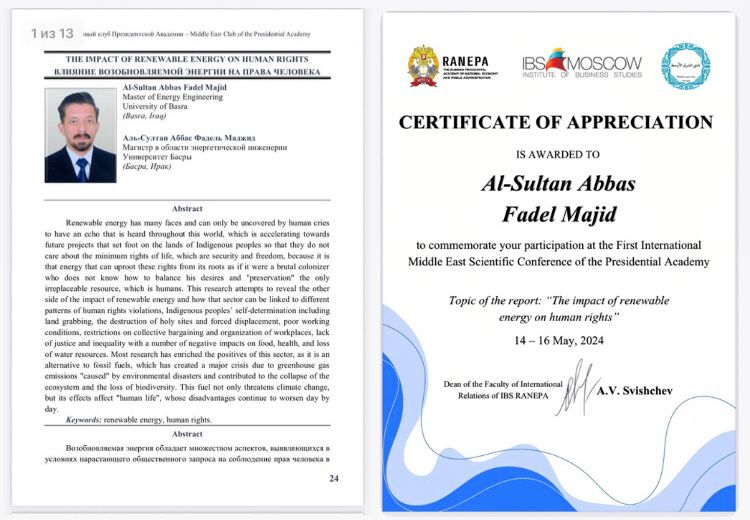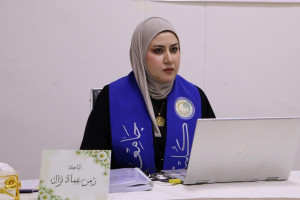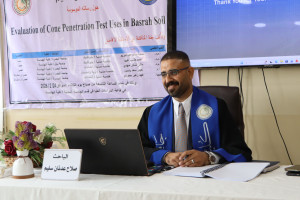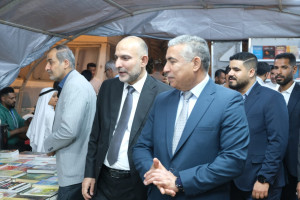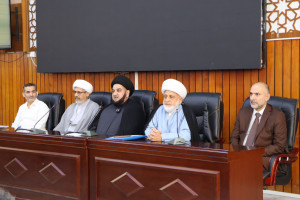
Assistant lecturer Abbas Fadhel Majeed Al-Sultan, a lecturer in the Department of Mechatronics Engineering at the College of Engineering at the University of Basra, participated in the First International Scientific Conference for the Middle East with a research paper titled "The Impact of Renewable Energy on Human Rights." The paper included:
Renewable energy has many facets, and they can only be revealed through the human outcries that beg for an echo heard throughout this world, which is rapidly moving toward future projects that trample on the lands of indigenous peoples, even disregarding the most basic rights to life, such as safety and freedom. This energy is what can uproot these rights, as if it were a brutal colonizer who does not know how to strike a balance between his desires and the "preservation" of the only irreplaceable resource: human beings. This research attempts to uncover the other side of the impact of renewable energy and how this sector may be linked to various patterns of human rights violations and the self-determination of indigenous peoples, including land grabbing, destruction of sacred sites, forced displacement, child labor, poor working conditions, restrictions on collective bargaining and workplace organization, lack of justice and inequality, and the emergence of a number of negative impacts on food, health, and the loss of water resources.
Most research has praised the positives of this sector, as it represents an alternative to fossil fuels, which have created a major crisis due to greenhouse gas emissions that "cause" environmental disasters and have contributed to the collapse of ecosystems and the loss of biodiversity. These fuels not only threaten climate change, but their effects also extend to "human life," whose negative effects continue to worsen day by day.
From here, several questions can emerge that serve as the main axes upon which our research is based:
➢ What is the concept of human rights, and what are the sources of laws that guarantee their preservation?
➢ What are the crimes that threaten humanity and the environment, linked to renewable energy projects?
➢ Can a criminal trial be held to impose penalties on the “perpetrators” of these crimes, giving priority to human rights?